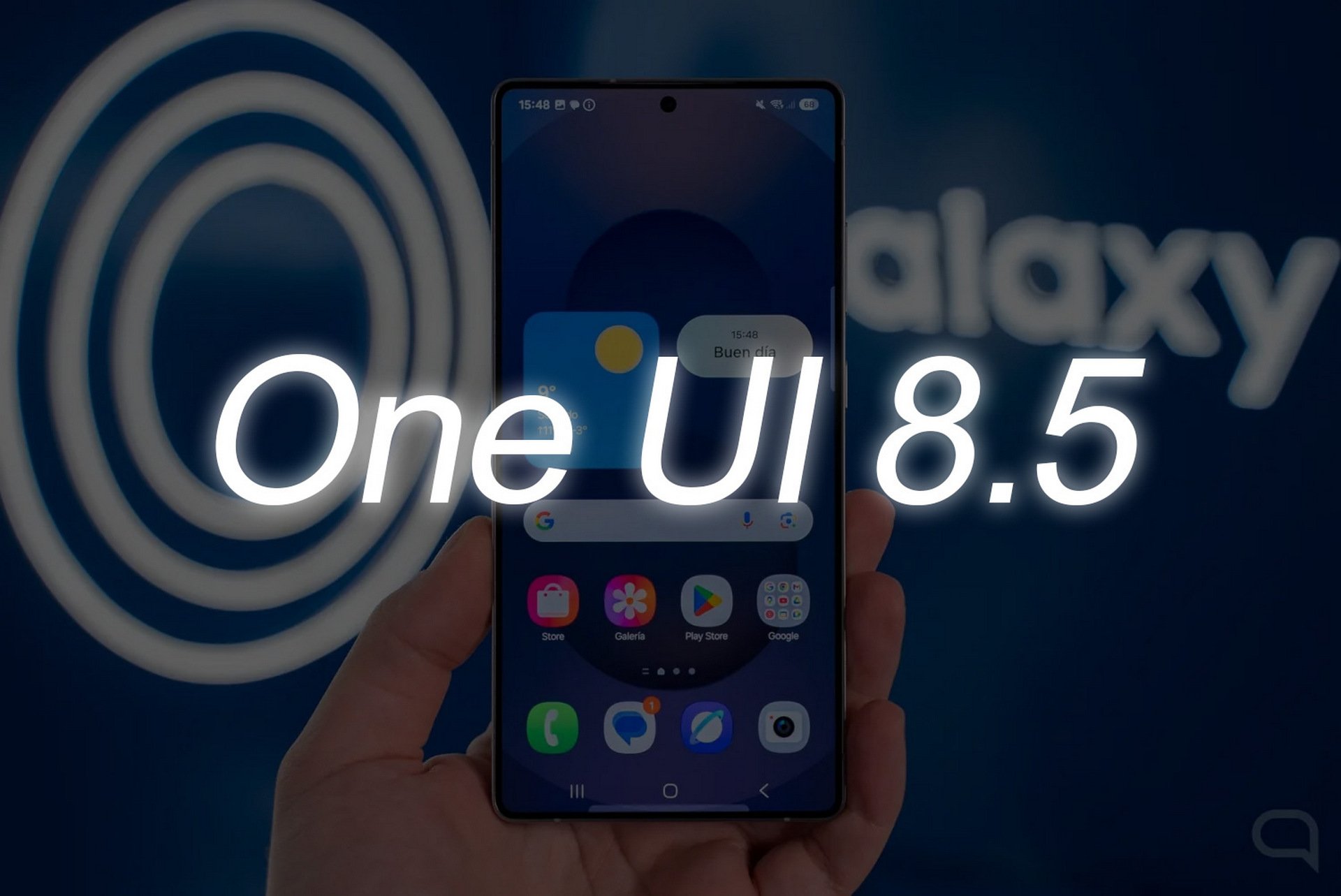Google announced it will start requiring it generative applications of artificial intelligence On Android there is an option to report offensive content. The tech company has updated its policies to align with Google Play’s policies on AI-generated content. Because of this, the developers They should post a button to report offensive material..
In a post published on the Android Developers Blog, Google said its new policy aims to keep content safe for people. With the growing popularity of ChatGPT, many companies have started implementing artificial intelligence into their applications. While some do it to get on the bandwagon and gain a foothold in the market, the truth is that others have long-term plans.
New rule will require apps to report or flag offensive AI-generated content.. Users will have a button or form at their fingertips that allows them to create reports without leaving the application. Google said that developers will have to use this data to report content filtering and moderation what they do in their applications.
AI-generated content is content created using generative AI models based on user queries. Here are some examples of AI-generated content:
- Generative conversational chatbots with artificial intelligence, in which interaction with the chatbot is the main function of the application.
- Images created by artificial intelligence based on text, image or voice requests.
To ensure user safety and in accordance with Google Play policies, applications that generate content using artificial intelligence must comply with Google Play developer policies.
What is considered offensive? According to the Play Console help site, anyone who can promote the exploitation or abuse of children, deceive users or facilitate fraudulent activities, forbidden. AI apps that create non-consensual sexual content will not be allowed (deepfake), voice or video recordings of real people to facilitate fraud, or official documents to commit fraud, among other things.
Google Expects We’ll See More Generative AI Applications

Google noted that as generative AI models become more accessible, developers can integrate them into their applications. This year we saw significant progress in artificial intelligence which supports applications such as ChatGPT, Dall-E, Midjourney or the Adobe package. Companies like OpenAI, Microsoft or Google are improving their models to make them more advanced.
But as Uncle Ben said, with great power comes great responsibility, so Mechanisms must be put in place to avoid misuse of this technology.. Google notes that the long-term success of an app or game in terms of installs and user ratings is tied to security.
“The Android community expects a secure, high-quality experience,” said Karina Newton, director of global product policy and developer policy. “App design, privacy protection, data quality and security standards all play an important role.”
Other security settings coming to Android 14

New Generative AI Policies Added: Google will introduce stricter restrictions on full-screen notifications. Android 14 and later apps will not be allowed to use this notification by default unless their core functionality requires it. In this case, they must have the user’s consent to use the permission.
Another important adjustment relates to a way for Android apps to access your photos and videos. According to the new policy, they will only be able to use it for purposes directly related to the functionality of the application. This means that we will no longer see any alarm apps, VPNs or online loans that require you to log in to view your photos.
Source: Hiper Textual
I’m Ben Stock, a highly experienced and passionate journalist with a career in the news industry spanning more than 10 years. I specialize in writing content for websites, including researching and interviewing sources to produce engaging articles. My current role is as an author at Gadget Onus, where I mainly cover the mobile section.













